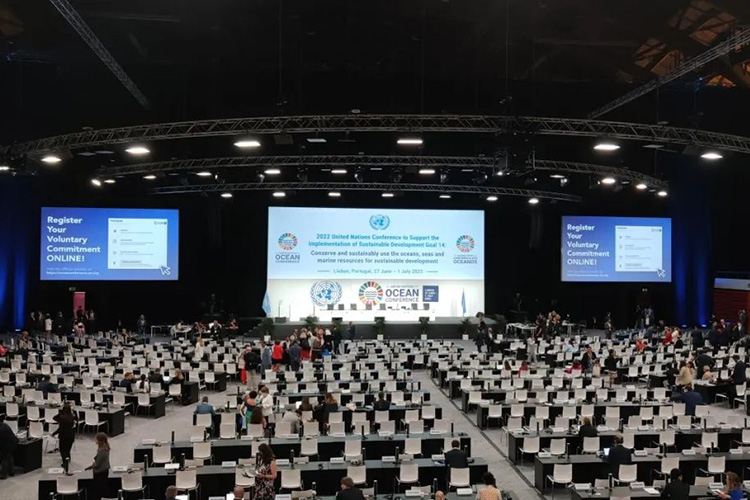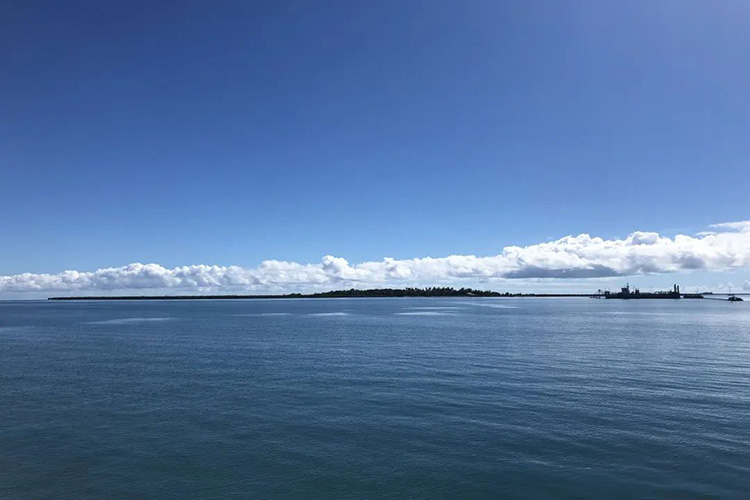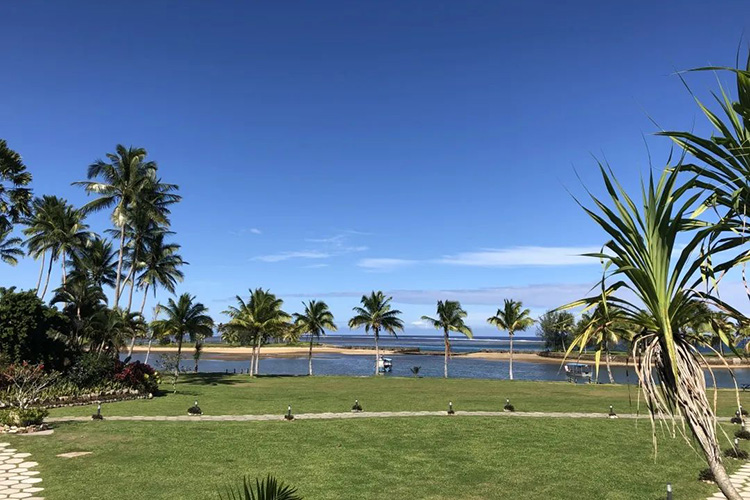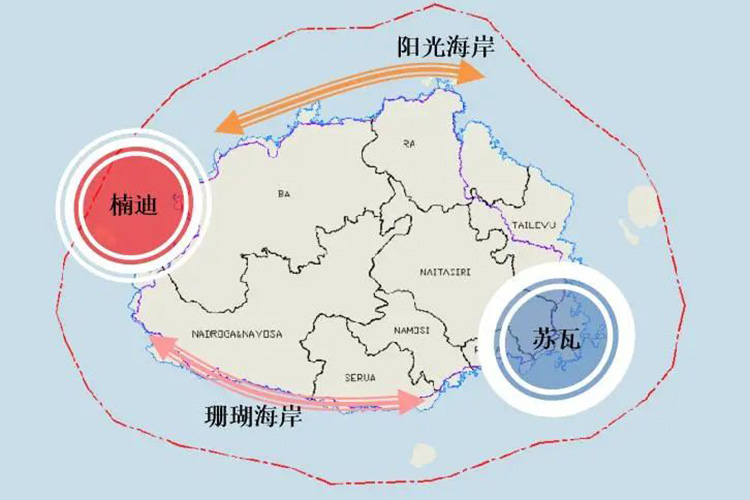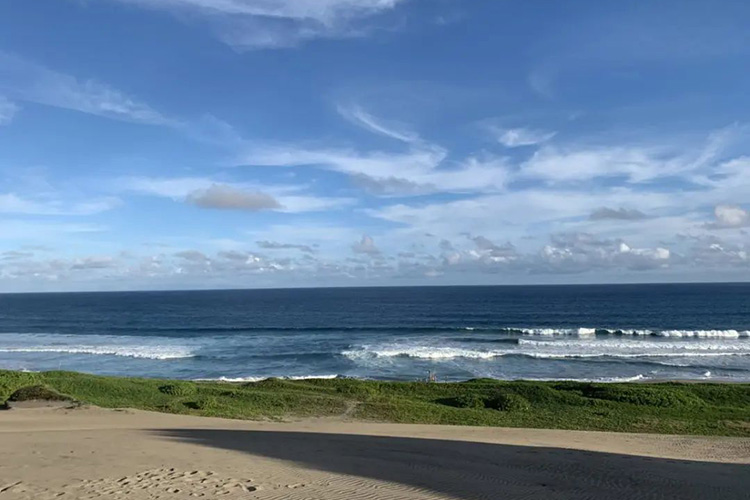Recently, at the 2nd the UN Ocean Conference held in Lisbon, Portugal, Water Transportation Consultants Co., Ltd attended the conference on behalf of CCCC and introduced the marine spatial planning of Fiji, which elaborated CCCC's marine development strategy and promoted CCCC's advantageous technology of marine spatial planning in the international arena. The UN Ocean Conference is the most important international conference in ocean sustainability.
In 2019, the China Oceanic Development Foundation and the Pacific Islands Development Forum signed a cooperation agreement for maritime silk road projects to promote marine spatial planning in the South Pacific region. The marine spatial planning for Fiji is the first project to be implemented under this agreement, and is made by CCCC Water Transportation Consultants Co., Ltd.
Fiji is located in the center of the southwest Pacific Ocean, where typhoons, ocean acidification and seawater warming pose great threats to the marine ecosystem. The lack of local marine spatial planning techniques and methods is not conducive to marine ecological and environmental protection, and also restricts the development of oceanic economy.
The marine spatial planning for Fiji takes the 12-nautical-mile sea area near the coast of Viti Levu as the study area, involving a coastline length of 689 kilometers and a marine area of 11,000 square kilometers. The core concept of the planning is to improve the capacity of marine management, protect the ecological environment and develop blue economy by coordinating the conflicts between human activities and environmental protection.
The planning proposes to divide Viti Levu into four key seas: Nadi and its surrounding waters, Suva and its surrounding waters, Coral Coast and Sunshine Coast.
Nadi and its surrounding waters will become the gateway to Fiji's opening-up to the outside world, a oceanic service industry zone and a world-renowned beach destination.
Suva and its surrounding waters will be built into a cargo hub in the South Pacific region, a port with many manufacturers and a modern fishery demonstration zone.
Relying on traditional buildings and villages and volcanic rocks, and towns with local characteristics, the Sunshine Coast will be built into an ecological tourism zone featuring historical relics.
With innovation on the coastal tourism industry, development of diversified tourism projects, and expansion of the tourism industry chain, the Coral Coast will build a distinctive and internationally attractive coastal tourism area.
The planning makes full use of the advantages of Fiji's location, ecological landscape, distinctive culture and natural resources, and points out six directions for blue economy—coastal tourism, port shipping, fishery, trade and processing, cultural display and energy development, while proposing 20 projects and making recommendations on the layout of the projects.
The planning shows CCCC's comprehensive industry chain solution combining "planning, investment, construction and operation" led by marine spatial planning, as well as its global leading capacities of implementation and resource integration in planning, construction, investment and development of seaports, oceans and cities.
